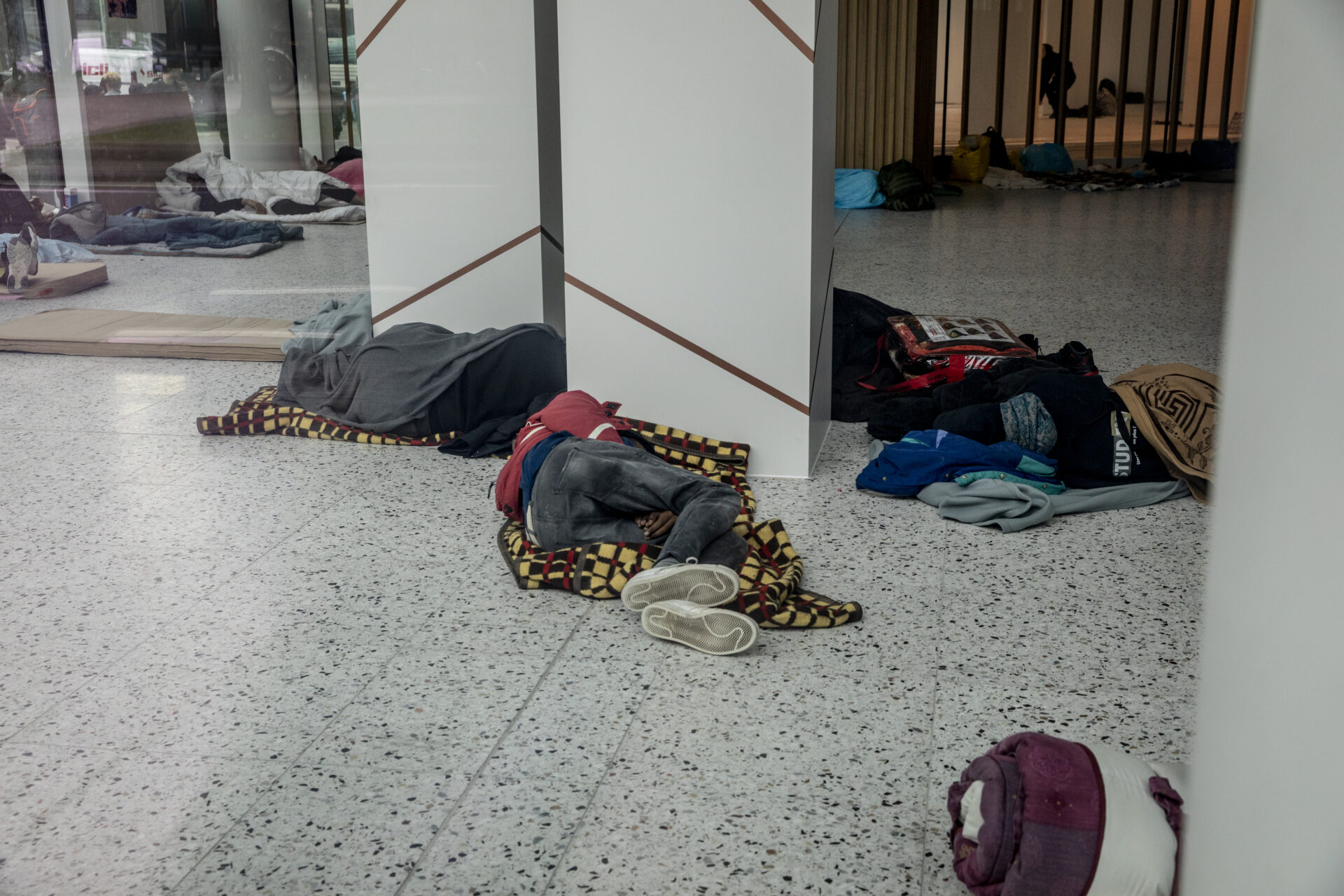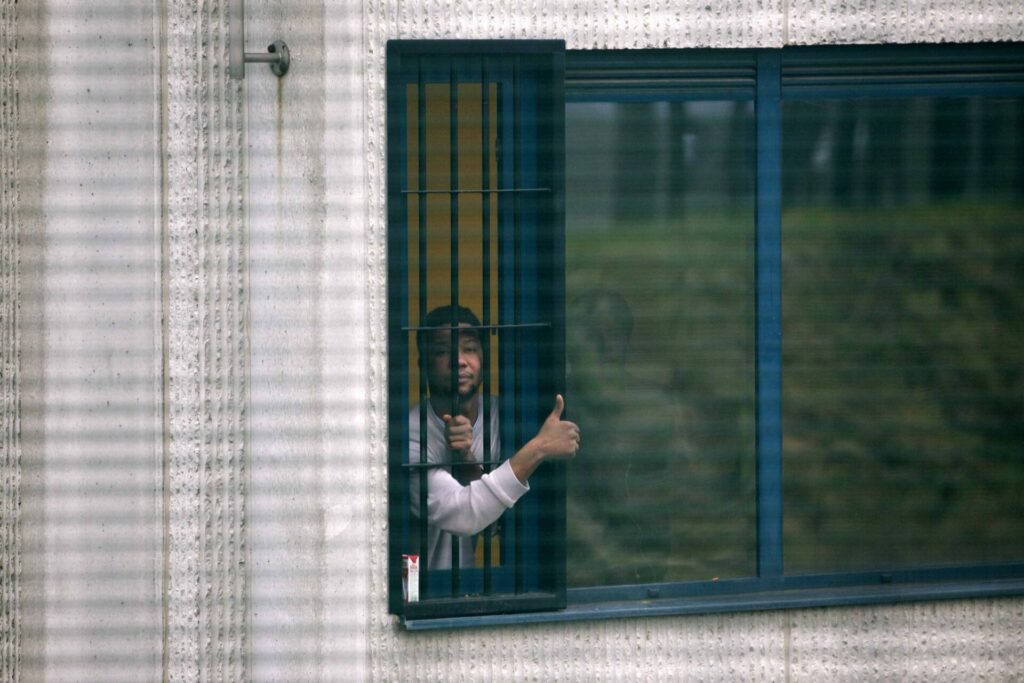As part of its migration deal, the government last week presented plans for a temporary asylum reception centre to tackle the shortage of shelter places. However, as quickly as the idea was born, it has been shot down from various angles.
Belgium's core cabinet of ministers came to an agreement that should remedy the asylum reception crisis that has been ongoing for almost one year and a half, resulting in thousands of people sleeping rough or seeking their own unsustainable alternatives in squats rather than receiving the shelter they are entitled to.
The agreement supposedly set down a framework to create additional and durable reception space, which included plans to build a temporary reception centre for about 400 asylum seekers in Kampenhout for which the European Union would provide residential containers.
The site chosen by State Secretary for Asylum and Migration Nicole de Moor is the former military domain in the Hellebos, Kampenhout.
Originally, its mayor Kris Leaerts communicated that "the municipality would provide its cooperation for the new centre," but that some technical and legal aspects had to be cleared, such as whether water supply and sewerage can be laid, and whether the necessary permits can be obtained.
However, the Flemish-Brabant municipality has since looked at the plans in more detail and has now rejected them. A letter was sent to Prime Minister Alexander De Croo and de Moor, in which the city's college noted the Hellebos is not suitable and "unfeasible as a reception site for asylum seekers."
One of the main arguments against the reception centre is the fact that Kampenhout is reportedly looking to revalue this site as a nature reserve. On its website, the municipality noted that obtaining an environmental permit here seems far from easy, especially given the lack of infrastructure in the area.
"If the Federal Government were to effectively apply for a permit, the college will refuse it," a statement read.
Environmental violation
For this same reason, the plans drew criticism from the region's environment minister Zuhal Demir, who said if the plans for the temporary asylum centre went ahead, it would be an "environmental violation."
"That is a crime. That is prosecutable. Then I will deploy the enforcement department," she noted. She referred to the fact that a police school was asked to leave the premise for the same reason.
"If the police school has to leave, it is almost impossible that a village of 400 to 700 asylum seekers would be built there, with provided with sewerage, drinking water and so on. I don't have to tell you what the impact of that would be on that nature reserve." She too has written to de Moor explaining the plans should be cancelled.
Scoring by blocking reception centres
In response to the rejection of her plans, de Moor has said she regrets that politicians are dismissing the reception of asylum seekers at a site in Kampenhout even before an application has been submitted.
"It is regrettable that there are politicians who think they can score by blocking shelters that are only being investigated. I find it inconsistent that people first fulminate against the seizures of items from my cabinet because there is too little shelter, and the next day they get in each other's way to protest against a track that is only being investigated," she told Radio 1 on Thursday.
She added that, if the application for the Kampenhout site is rejected, she will simply look for another site. "Although there are not an infinite number of sites where you can put 600 containers."

Asylum seekers in the future offices of the National Crisis Centre. Credit: Belga/ Hatim Kaghat
Meanwhile, de Moor is once again in the midst of remediating an ongoing issue at the future offices of the National Crisis Centre, which are occupied by some 70 asylum seekers, and sprouted from her failure to provide shelter to asylum seekers following the evacuation of the squat in Schaerbeek and from the Molenbeek canal.
Temporary emergency accommodation is planned for them until they are given a place in Fedasil's network, but those concerned demand the guarantee of a permanent place in the reception network before they leave, an argument not understood by de Moor.
"I understand that they are very concerned, but they will be better off than in that building," she said. Eviction proceedings are underway if needed, but she hoped "that it should not come to that."

